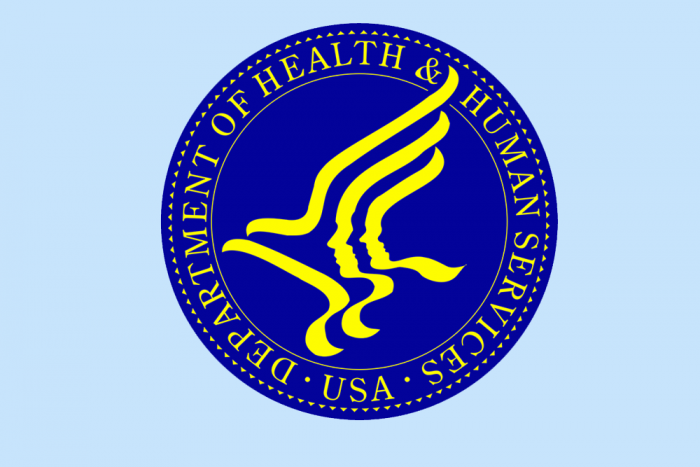ODP Announcement 23-008 announces that the amendment to the Adult Autism Waiver (AAW), effective January 1, 2023, was approved by the Centers for Medicare & Medicaid Services (CMS) on January 13, 2023. The amendment to the AAW includes the following substantive changes:
- Adding reserved waiver capacity for individuals who are discharged from a state center or are released from incarceration after a period of at least six consecutive months.
- Aligning of provider qualifications in the AAW with the Consolidated, Community Living, and Person/Family Directed Support (P/FDS) waivers, whenever possible.
- Allowing relatives to deliver the Life Sharing component of the Residential Habilitation service.
- Requiring that agencies that provide Residential Habilitation/Life Sharing be qualified and enrolled to provide Residential Habilitation/Life Sharing in the Consolidated or Community Living waivers.
- Increasing the annual fiscal limit in the Transportation service to $5,000 per participant’s Individual Support Plan (ISP) year.
- Allowing one of the four required individual monitorings conducted by the Supports Coordinator each year to be conducted remotely. NOTE: For all individuals receiving Residential Habilitation (Community Homes or Life Sharing), remote monitorings are not permitted. See ODP Announcement 22-085 for additional information.
- Allowing delivery of direct services using remote technology (teleservices). The requirements in the AAW will become effective when Appendix K flexibilities expire, six months after the expiration of the federal COVID-19 public health emergency.
- Aligning the Assistive Technology service, where possible, with the Consolidated, Community Living, and P/FDS waivers. This includes adding generators for the participant’s primary residence.
- Adding a new service, Remote Supports. A separate communication will be published in the coming weeks, providing instructions about how to add new Remote Supports procedure codes to ISPs. Remote Supports should not be added to ISPs until this communication is published.
The waiver application approved by CMS and the record of change document are available here.
ODP will be holding a webinar to discuss major changes made in the approved AAW amendment. Webinars specific to Remote Supports will be scheduled and communicated in the coming weeks. The date, time, and registration link for the general AAW amendment webinar are as follows:
- February 6, 2023
- 10:00 am – 11:00 am
- Register here

















